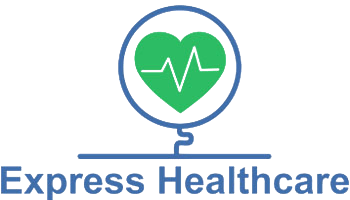Cardiologist in College Park, MD
If you have a heart or blood vessel condition that requires special attention or if you are experiencing chest pain, dizziness, or shortness of breath, you need to see a cardiologist. For proper heart disease diagnosis and treatment, come to Express Healthcare. For more information, contact us or schedule an appointment online. We are conveniently located at 4701 Melbourne Place College Park, MD 20740.



Additional Services You May Need
▸ EKG, Stress Tests, Cardiology
▸ Physical Therapy
▸ Internal Medicine
▸ Urgent Care
▸ Vaccines & Immunizations
▸ On-Site Lab Screening
▸ X-Ray & Imaging
▸ Women’s Health
▸ Occupational Health




